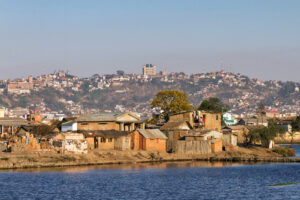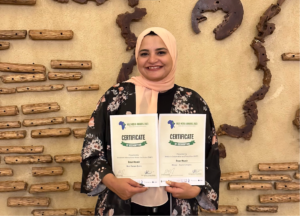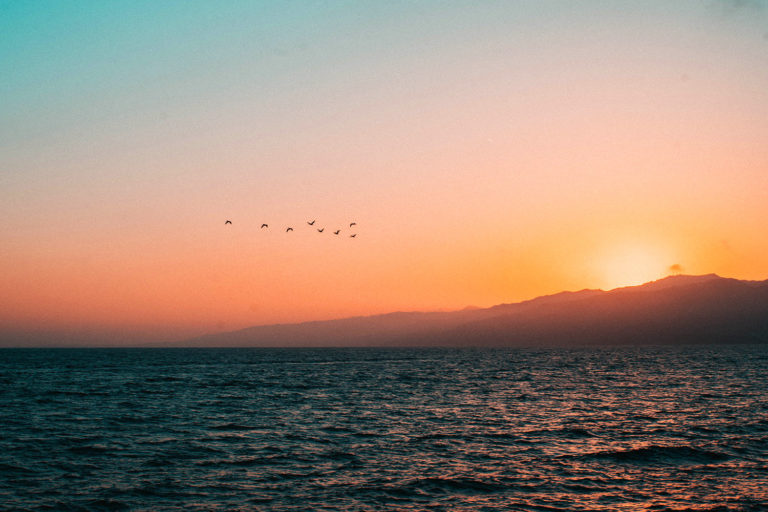Cross-cutting issueMainstreaming gender perspectives into all our work
Gender equality is one of SIWI’s three cross-cutting issues, influencing all our work. All SIWI staff are trained to understand and reflect on how norms and expectations related to gender shape every aspect of life.

Water issues are gendered. Around the world, fetching water is disproportionately a woman’s task, and yet women are often unable to influence water governance issues. At SIWI, we want to be part of changing this and gender equality is mainstreamed into all our activities.
Gender relations are constructed by a range of institutions – political, legal, cultural, religious, economic, and domestic – often to the disadvantage of women. Norms related to gender determine who has access to and control over services, goods, and resources. This is also true for decisions about who gets what water. Women tend to be underrepresented in political processes related to water.
In SIWI’s work to strengthen water governance, we focus on incorporating gender perspectives, together with analyses of how gender relations intersect with poverty, ethnicity, origin, age, disability, and sexuality expression. Without this understanding, it is not possible to create effective and inclusive water policies.
The same perspective should be reflected in the different types of capacity-building activities that SIWI organizes, whether it is with water utilities, business leaders, policymakers, or diplomats. SIWI can also offer specific training on how to mainstream gender awareness and make processes more inclusive.
Here are some examples of our work:
- Gender sensitivity training is important to raise awareness. Learn more about what it can look like in this story from a water and sanitation workshop in Tajikistan.
- To improve access to gender disaggregated data, the UNDP-SIWI Water Governance Facility has helped develop gender responsive water governance indicators as part of the UNESCO WWAP Gender and Water Toolkit.
- The landmark report Corruption, water, and gender – do women and men face the same challenges? helped break the taboo around sextortion in the water sector.
- The Shared Water’s Partnership programme has initiated the Women and Water Diplomacy Network in the Nile.
- As organizers of World Water Week, we introduced a Gold Standard in 2017 to promote sessions where at least 40 per cent of presenters are women while at least one is under the age of 35. The standard was an immediate success and changed the norm for other water events too.







